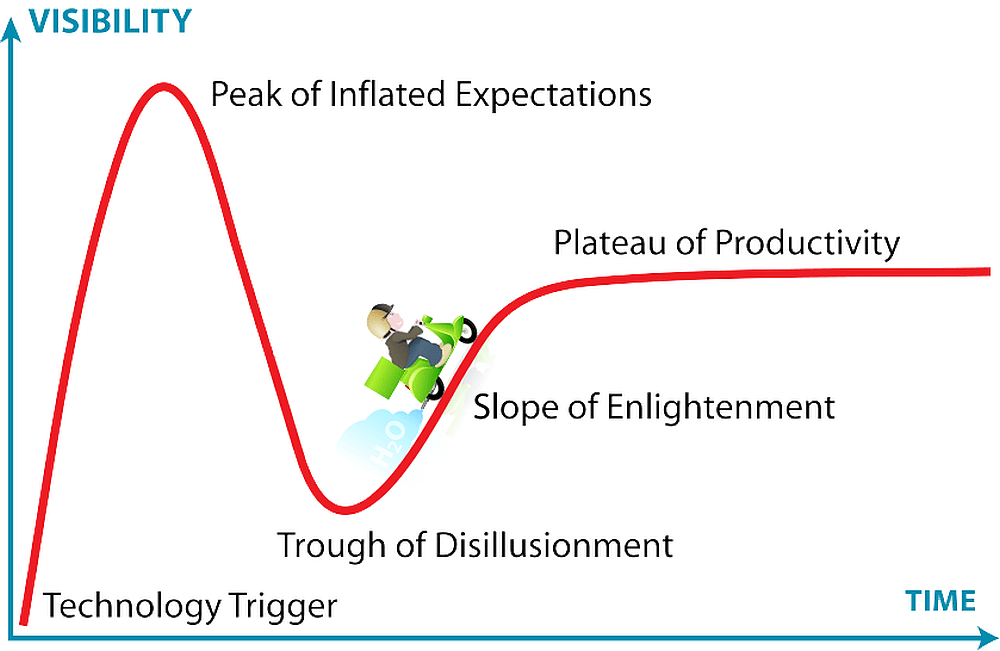Lawrence Berkley National Lab has been commissioned to beef up the energy efficiency of several federal agencies. A press release from LBNL states that $1.8 million in funding from the American Recovery and Reinvestment Act will be used to implement advanced technologies in lighting, HVAC and control systems.
“This funding will help implement energy efficiency projects across the federal government and will support training programs for energy managers to ensure the equipment is operating as effectively as possible,” says Arun Majumdar, Director of Berkley Lab’s Environmental Energy Technologies Division. “The Recovery Act funding will also go to developing and delivering advanced energy assessment tools that will provide energy managers with the resources and training to launch additional efficiency improvements in their facilities for years to come.”
The mission is to transfer new energy-efficient building technologies from the laboratory to the real world, and to stimulate the use of underutilized, high-performance technologies through innovative deployment programs.
The following projects will receive technical support from Berkeley Lab:
- Improving efficiency in federal data centers;
- Energy efficiency in Department of Agriculture labs;
- Advanced lighting for the National Institutes of Health; and
- Helping the armed forces be “as Energy-Efficient as They Can Be.”
With $663,000 in DOD funding, EETD researchers will cooperate on a project to test a whole-building monitoring system at two DOD sites. The system will continuously measure the energy performance of the HVAC, lighting and water systems, and compare these measurements in real time to a reference simulation model that represents the design intent for each building.
These types of efforts are could go a long way toward addressing a complaint by energy experts that architects are paying too much attention to design but not enough to ongoing assessment standards, methods and tools.
“Identifying the causes of water and energy waste in buildings can be challenging because energy flows and water usage are largely invisible,” says EETD researcher Philip Haves.
The Army’s Fort Detrick in Maryland will receive an assessment of the viability of supplying all or part of the electric load in selected areas with photovoltaic solar panels.
“We look forward to helping these agencies make the progress on energy efficiency and renewable energy that America needs to address global climate change as well as meeting the goals of the Recovery Act by helping to jumpstart the economy,” says Charles Williams, an energy expert in BNL’s Applications Team.
CTT Categories
- Energy
- Market Insights
Related Posts
Hype cycles: The uphill climb for hydrogen bikes
June 26, 2025


